
Imagine you are teaching a college creative writing class open to any and all students. One day, a girl who’s not even in your class, not even a lit major, enters yoir office with about 150 typed pages and hands them off to you.
She’s sure she’s the next Kundera.
You begin reading the pages that evening and you see Kundera’s influence: strange flights into seeming magical realism that are not quite magical realism; thoughts about love, life, the nature of the universe, the nature of anything and everything; a narrative that moves freely about in time and tenses. It’s evident this girl has taken at least an introduction to philosophy class. It’s clear from all her talk about God that she’s at least sat in a cafe drinking overpriced coffee with somebody in the religion department. But that’s about it. What’s more, she can’t write well, and like many sophomores, she thinks it’s edgy to include references to “cunts” and “cocks.” So proud is she of her image of the universe “ejaculating” (her word, not mine) her father‘s spirit into her upon his death that she uses it multiple times.
This is that manuscript, and it’s every bit pedantic, empty, and pathetic as it sounds.
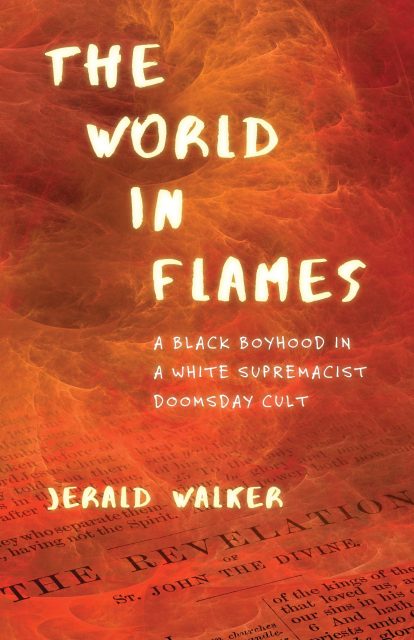 I was drawn to this book for one reason: I grew up in the same cult as Walker, Herbert W. Armstrong’s Worldwide Church of God (WCG). Hence, as I read the book, I felt an eerie similarity with many of Walker’s experiences. His sense of otherness while at school was the same as my sense of otherness. His sense of impending doom while looking at peers in school was my sense of impending doom.
I was drawn to this book for one reason: I grew up in the same cult as Walker, Herbert W. Armstrong’s Worldwide Church of God (WCG). Hence, as I read the book, I felt an eerie similarity with many of Walker’s experiences. His sense of otherness while at school was the same as my sense of otherness. His sense of impending doom while looking at peers in school was my sense of impending doom. Do I have to actually finish a book in order to review it? Doesn’t the fact that I couldn’t bring myself to slog through another page constitute a review in and of itself?
Do I have to actually finish a book in order to review it? Doesn’t the fact that I couldn’t bring myself to slog through another page constitute a review in and of itself?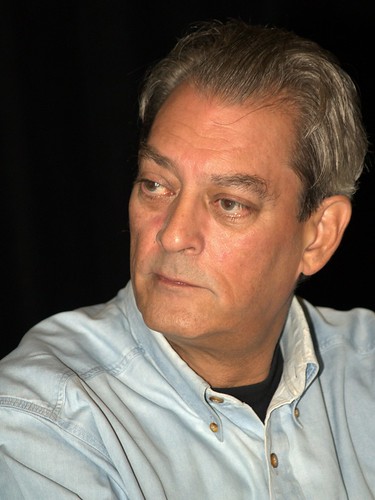

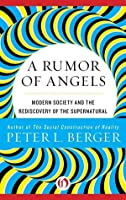 I’ve begun reading Peter Berger’s A Rumor of Angels, probably for the third or fourth time. I haven’t read it in at least twelve years or so, probably longer. When I first read Berger, it was an excerpt in a philosophy of religion anthology, a portion of his Rumor of Angels that absolutely enthralled me. This would have been in 1997 or 1998, when I was chest-deep in my first Polish adventure and just coming to the conclusion that I wanted to do graduate studies in philosophy of religion.
I’ve begun reading Peter Berger’s A Rumor of Angels, probably for the third or fourth time. I haven’t read it in at least twelve years or so, probably longer. When I first read Berger, it was an excerpt in a philosophy of religion anthology, a portion of his Rumor of Angels that absolutely enthralled me. This would have been in 1997 or 1998, when I was chest-deep in my first Polish adventure and just coming to the conclusion that I wanted to do graduate studies in philosophy of religion.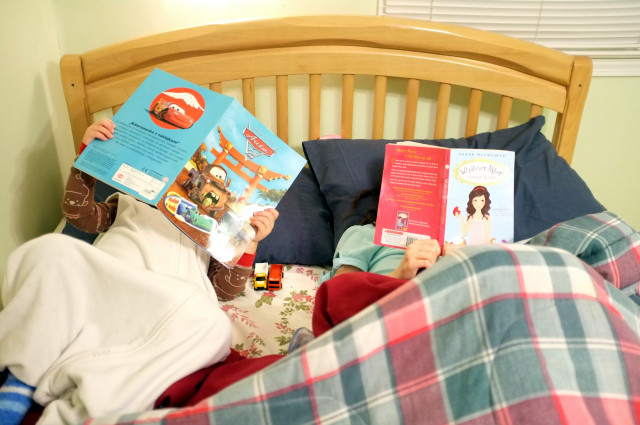
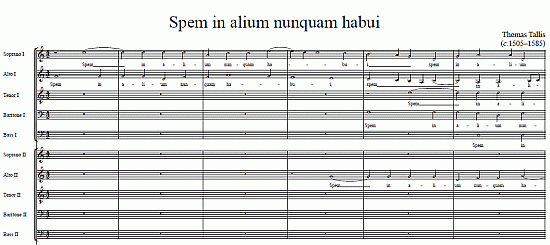
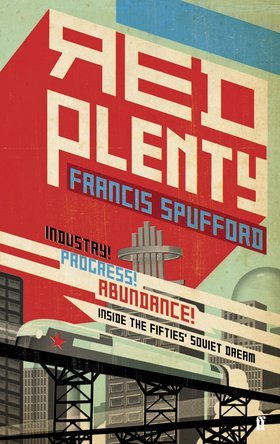

 When I start a favorite book with a class, I recall the weeks I was a tour guide for my folks and best friend from high school, all of whom flew to Poland for K’s and my wedding.
When I start a favorite book with a class, I recall the weeks I was a tour guide for my folks and best friend from high school, all of whom flew to Poland for K’s and my wedding.